Moving to Turkey with Your Pet: A Guide to Relocating and Settling in
Table of Contents
Planning a move to Turkey is an exciting endeavor, but when you have a beloved pet, there are additional considerations to keep in mind. From understanding the process of importing pets to Turkey to navigating the country’s pet ownership laws and regulations, it’s essential to be well informed to ensure a smooth transition for your furry friend. In this guide, brought to you by Relopet International, a leading pet relocation specialist, we will explore everything you need to know about moving to Turkey with pets and provide helpful tips and insights to make the journey easier for both you and your four-legged companion.

What you need to know before moving to Turkey with your pet
Before embarking on your journey to Turkey with your pet, it’s crucial to gather the necessary information and take certain precautions. Here are some key points to consider.
Understanding the requirements
Research the specific entry requirements for pets entering Turkey, which typically include up-to-date vaccinations, microchipping, and health certificates. Familiarize yourself with the regulations to ensure compliance and a smooth entry process.
Choosing a pet-friendly neighborhood
When selecting your new neighborhood in Turkey, consider the availability of pet-friendly accommodations, such as apartments or houses with policies that allow pets. Also, explore the surrounding area to ensure there are parks, open spaces, and pet-friendly amenities nearby.
Climate considerations
Turkey experiences diverse climatic conditions depending on the region. Take into account how the weather might impact your pet’s health and well-being. Prepare accordingly with suitable gear, such as protective clothing or cooling accessories, depending on the climate of your destination.

Pet-friendly accommodations in Turkey: A guide for expats
Finding suitable accommodation that welcomes pets is essential for a comfortable living experience in Turkey. Consider the following tips.
Exploring pet-friendly housing options
Some neighborhoods or residential complexes in Turkey have pet-friendly policies, allowing you to live with your furry companion without restrictions. Research and identify areas with a reputation for being pet-friendly.
Understanding lease agreements
Carefully review rental contracts to ensure they allow pets. Look out for any specific rules or restrictions related to pet ownership, such as weight limits or breed restrictions. Clear communication with landlords or real estate agents is crucial to avoid surprises.

The process of importing your pet to Turkey
Relocating your pet to Turkey requires careful planning and adherence to certain procedures. Here’s what you need to know.
Researching transportation options
Investigate various transportation methods for bringing your pet to Turkey, such as air travel or ground transportation. Consider the size and breed of your pet, as well as their comfort during the journey.
Obtaining necessary documentation
Ensure you have all the required paperwork for importing your pet to Turkey. This may include health certificates, vaccination records, and microchip registration. Start the documentation process well in advance to avoid any last-minute complications.
Working with a pet relocation specialist
Consider enlisting the services of a reputable pet relocation specialist like Relopet International. These professionals have the expertise to handle the logistics of pet transportation, ensuring a smooth and stress-free experience for both you and your pet.

Preparing your pet for the move to Turkey: Tips and tricks
Helping your pet adjust to the relocation process is crucial for their well-being. Consider the following tips to ensure a smooth transition.
Visiting the veterinarian
Schedule a visit to your veterinarian before the move to ensure your pet is in good health and up to date on vaccinations. Take this opportunity to address any specific concerns related to your pet’s well-being during the journey.
Crate training and familiarization
Introduce your pet to their travel crate gradually. Make it a comfortable and safe space by placing familiar bedding, toys, and treats inside. This will help reduce anxiety and make the crate a positive association for your pet.
Packing essentials
Create a checklist of essential items to pack for your pet, including an ample supply of their regular food, water, medications, bedding, toys, and familiar scents. Having these items readily available will provide a sense of familiarity and comfort during the move.

Restrictions and regulations of pet import to Turkey
There are also certain import restrictions and regulations that apply to pets entering Turkey. It’s important to be aware of these restrictions to ensure compliance and a smooth entry for your pet. Here are some key points to consider:
Microchipping
All dogs and cats must be microchipped with an ISO-compliant microchip. Make sure the microchip is implanted before the rabies vaccination.
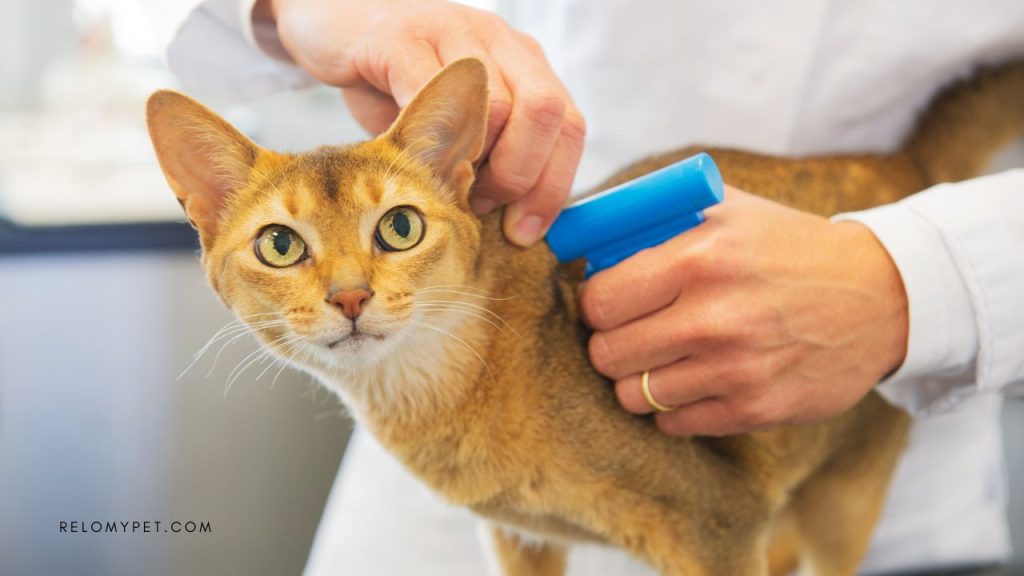
Vaccinations
Before traveling to Turkey, dogs and cats have specific vaccination requirements. Dogs should be vaccinated against Distemper, Hepatitis, Leptospirosis, Parainfluenza, Parvovirus (DHLPP), Bordetella, and Rabies. On the other hand, cats require vaccinations for Feline Viral Rhinotracheitis, Calicivirus, Panleukopenia (FVRCP), and Rabies.
It is important to ensure that these vaccinations are administered at least 4 weeks before your planned arrival in Turkey. However, they should be given no less than 2 weeks before exporting your pet. These vaccinations help protect your pets from common diseases and are an essential part of their health and well-being during the relocation process.
Rabies Titer Test
The purpose of this test is to demonstrate that your pet has received a sufficient rabies vaccination and has developed a protective immune response against the virus.
The Rabies Titer Test should be conducted after your pet has received a rabies vaccination. The test is typically administered at least 30 days after the initial rabies vaccination, and sometimes within a specific timeframe prior to travel. The blood sample for the Rabies Titer Test must be sent to an approved laboratory for analysis. The laboratory should be accredited and recognized by the appropriate authorities.
Turkey, like many other countries, has specific requirements regarding the minimum level of rabies antibodies that must be present in your pet’s blood. The required antibody level can vary, so it’s crucial to check the regulations of the Turkish Ministry of Agriculture and Forestry or consult with a pet relocation specialist for the most up-to-date information.
Once the Rabies Titer Test is conducted, you will receive a laboratory report indicating the level of rabies antibodies in your pet’s blood. This documentation is an essential part of the importation process and should be included in your pet’s travel documents.
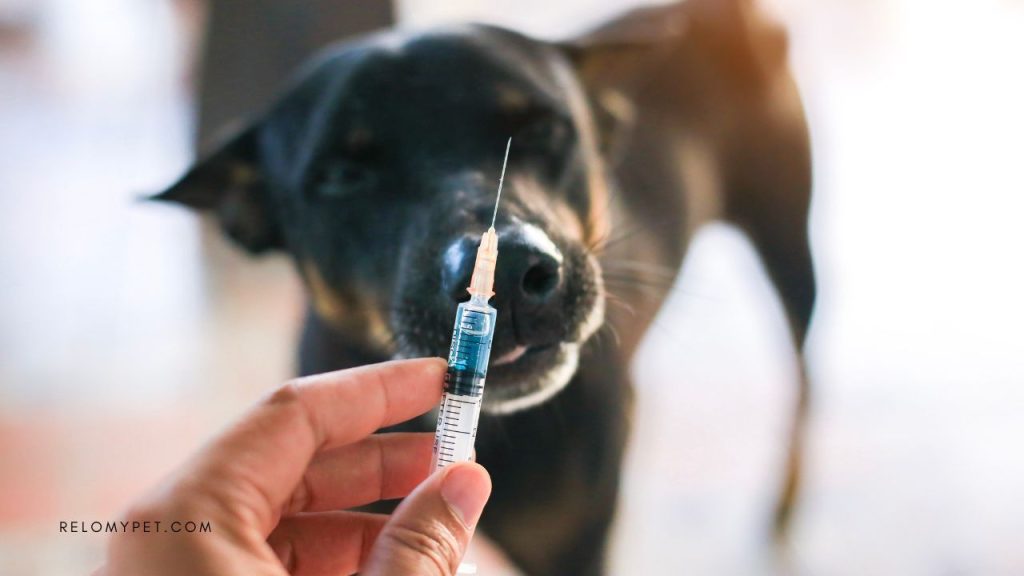
Health Certificate
It is important to note that an international health certificate, known as APHIS 7001, must be completed by your veterinarian within 10 days prior to your pet’s departure. This certificate verifies that your pet is in good health and meets the necessary health requirements for entry into Turkey.
Import Permit
Before traveling to Turkey, you may need to obtain an import permit for your pet. The requirements for the import permit may vary depending on your country of origin. It’s recommended to check with the Turkish Ministry of Agriculture and Forestry or consult with a pet relocation specialist for specific details.
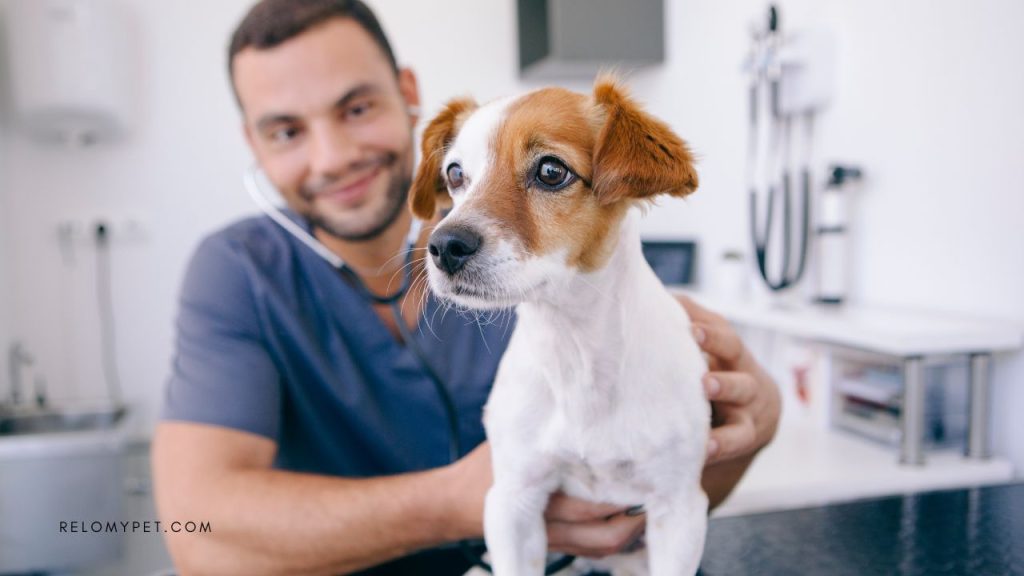
Breed Restrictions
Some breeds of dogs are prohibited or subject to restrictions in certain areas of Turkey. It’s important to research and understand any breed-specific regulations that may apply to your pet.
While the regulations can change, some common breeds that may be subject to restrictions or regulations in certain areas of Turkey include:
- Pit Bull Terrier
- American Staffordshire Terrier
- Staffordshire Bull Terrier
- Rottweiler
- Doberman Pinscher
- Japanese Tosa
- Argentine Dogo
- Fila Brasileiro
These breeds are often considered “restricted” due to their size, strength, or historical association with certain behaviors. It’s important to note that the restrictions may differ from one municipality to another, and there may be variations in enforcement as well.
If you plan to move to a specific region or municipality in Turkey with a breed that is subject to restrictions, it is advisable to check the local regulations and requirements regarding pet ownership. Some areas may require special permits, liability insurance, or adherence to additional rules and regulations for owning these breeds.
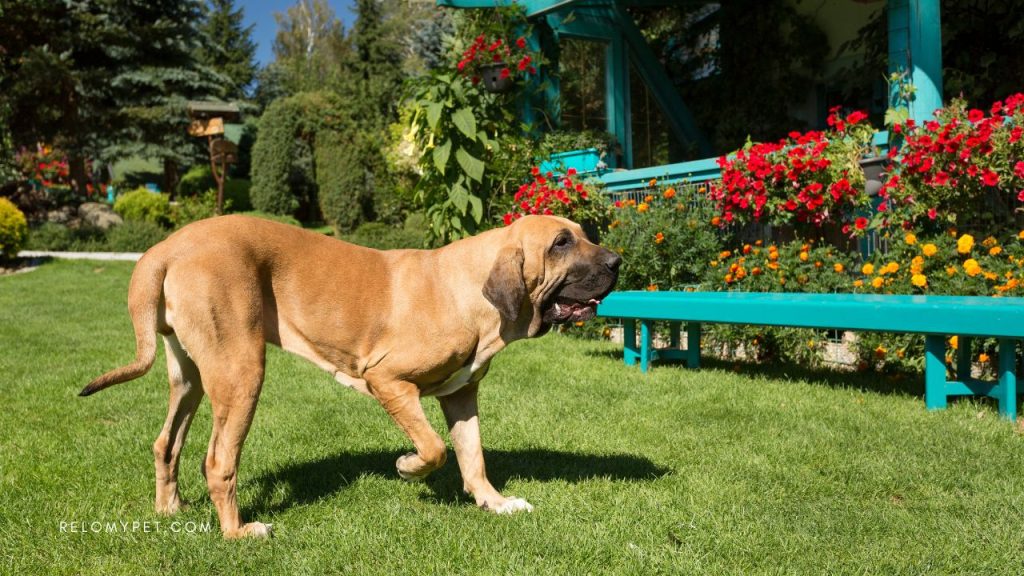
Quarantine
Turkey generally does not require quarantine for pets entering the country if all the necessary requirements are met. However, in exceptional circumstances or if there are health concerns, the authorities may require quarantine.
Additional Documentation
It’s advisable to carry copies of your pet’s vaccination records, health certificate, and microchip documentation with you during travel. These documents may be required at entry points or by the authorities.
In order to complete the customs clearance process in Turkey, it is essential to have the following documents readily available:
- Copy of the Pet Owner’s Passport
- Original Rabies Vaccine Certificate
- Original APHIS form 7001 with USDA endorsement
- Original Import Permit
These documents are necessary for ensuring a smooth customs clearance process for your pet upon arrival in Turkey. It is important to have all the required paperwork in order to comply with the regulations and facilitate the entry of your pet into the country.
It’s important to note that import requirements and restrictions may change, so it’s recommended to check with the relevant authorities, such as the Turkish Ministry of Agriculture and Forestry, or consult with a pet relocation specialist, to ensure you have the most up-to-date information before relocating your pet to Turkey.
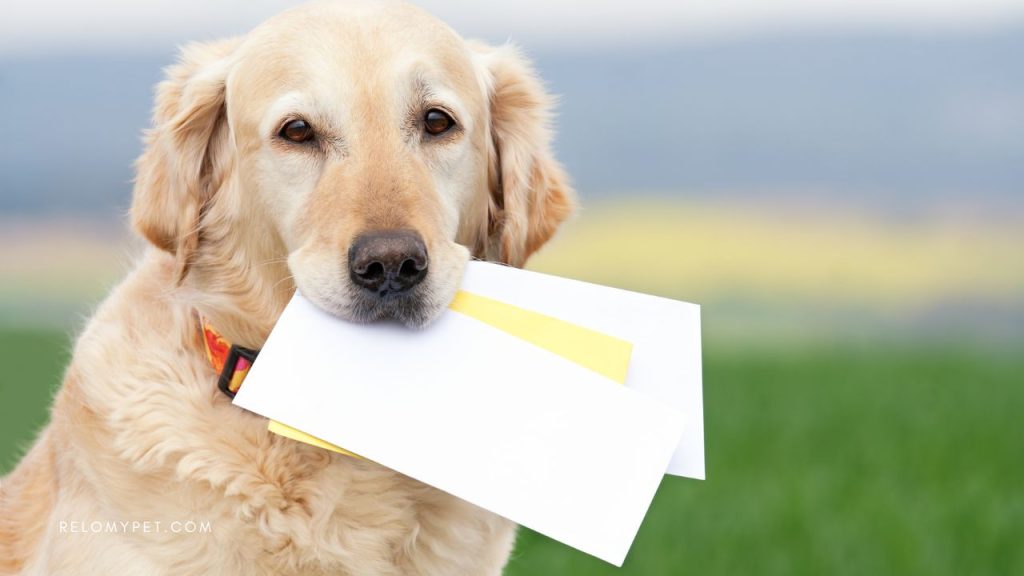
Navigating Turkey’s pet ownership laws and regulations
Understanding the pet ownership laws and regulations in Turkey is crucial to ensure compliance and a smooth experience. Consider the following points:
Understanding pet registration
In Turkey, pet registration is mandatory, and you need to obtain a pet ID or license for your furry companion. Research the specific requirements and procedures for pet registration in your locality.
Breed-specific regulations
Be aware that certain areas in Turkey may have breed-specific regulations or restrictions. Some breeds may be subject to specific rules or even banned in certain locations. Research and ensure your pet’s breed is not affected by any restrictions in your chosen area.

Moving to Turkey with your pet requires careful planning and preparation, but it can also be a rewarding experience. By understanding the process of importing pets to Turkey, familiarizing yourself with pet ownership laws and regulations, and implementing helpful tips and tricks, you can ensure a smooth transition for your beloved pet. Remember to prioritize their safety, comfort, and well-being throughout the entire journey and embrace the pet-friendly environment that Turkey has to offer.
FAQ on moving to Turkey with your pet
Yes, you can bring your pet to Turkey. However, there are specific regulations and requirements that must be met regarding vaccinations, documentation, and import permits. It is important to research and comply with these requirements to ensure a smooth transition for your pet.
Yes, you can move your dog to Turkey. Dogs are allowed to enter Turkey, but they must meet certain import requirements, including vaccinations and necessary documentation. It is advisable to consult with a pet relocation specialist or research the regulations to ensure a successful move for your dog.
The cost of flying your dog to Turkey can vary depending on factors such as the airline, the size and weight of your dog, the travel route, and additional services required. Relopet International provides an estimation form on their website that can help you get an estimate of the cost based on your specific requirements. You can find the estimation form here.
Carrying your pet internationally involves several considerations. It is typically done by air, and you will need to book a pet-friendly airline that adheres to international pet travel regulations. You may also need to ensure your pet’s crate or carrier meets the required standards. It is recommended to work with a reputable pet relocation service provider, such as Relopet International, who can guide you through the process and ensure your pet’s safety and comfort during the journey.
Remember, each pet relocation situation is unique, and it is important to gather specific information and consult with professionals to ensure a successful and smooth transition for your pet when moving to Turkey.
Do you need to relocate your pet to Turkey? Contact Relopet International
If you need to relocate your pet to Turkey and want to ensure a safe and stress-free experience for your furry friend, consider contacting Relopet International. We are a professional pet relocation company that specializes in transporting pets, including big dogs, internationally. We are experienced professionals who can help you with every step of the process, from obtaining the necessary documentation to choosing the right airline and providing personalized care for your dog during transport. With Relopet International, you can have peace of mind knowing that your big dog is in good hands and will arrive at their destination safely and comfortably.
